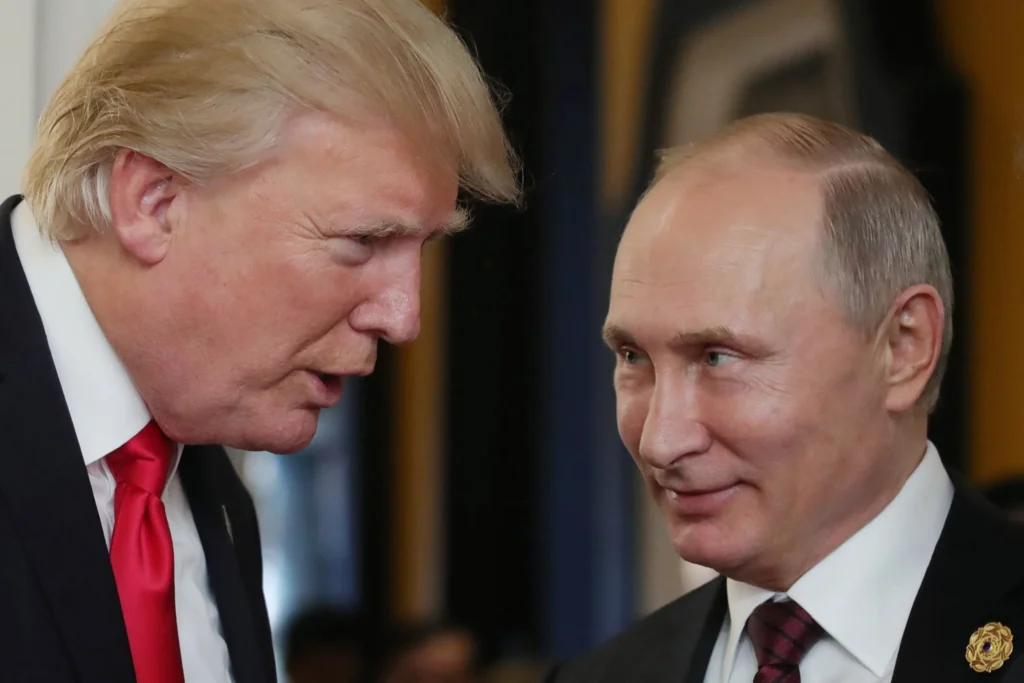
Prominent conservative influencers in the U.S. are speaking out after allegations that they were unknowingly involved in a Russian disinformation campaign targeting the 2024 U.S. elections. According to an indictment, the Russian state broadcaster RT allegedly paid $10 million to Tenet Media, a Tennessee-based firm, to distribute content with hidden Russian government messaging.
Tenet Media, founded by Canadian YouTuber Lauren Chen and her husband Liam Donovan, allegedly employed well-known right-wing commentators, such as Tim Pool, David Rubin, and Benny Johnson. These influencers claim they were unaware of the Russian involvement and assert that if the allegations are true, they are victims of deception.
The indictment accuses RT employees Kostiantyn Kalashnikov and Elena Afanasyeva of managing the scheme, directing content creation to promote narratives that aligned with Russian interests, particularly related to divisive U.S. political topics. The U.S. Department of Justice has charged them with conspiracy to commit money laundering and violating the Foreign Agents Registration Act.

Despite the indictment, Tenet Media has not publicly commented on the accusations. Some influencers, like Pool and Johnson, maintain that they had full editorial control over their content and were unaware of any Russian influence. Johnson stated that his legal team negotiated a standard contract with Tenet Media, which was later terminated.
Court documents reveal that the Russian plot involved paying high sums to influencers, with some stars receiving up to $8.7 million. Negotiations included requests for as much as $5 million annually to produce content, with fabricated investors used to finalize contracts.
The indictment cites multiple examples where Tenet Media employees expressed suspicions about their backers. One producer raised concerns about promoting Russian videos on topics like U.S. inflation or linking terror attacks in Moscow to the West, despite claims from other groups like ISIS.
While some commentators have publicly distanced themselves from the scandal, asserting they had no knowledge of the Russian ties, the case highlights the vulnerability of online media to foreign influence. As the investigation unfolds, the role of these influencers in the alleged scheme remains under scrutiny.








